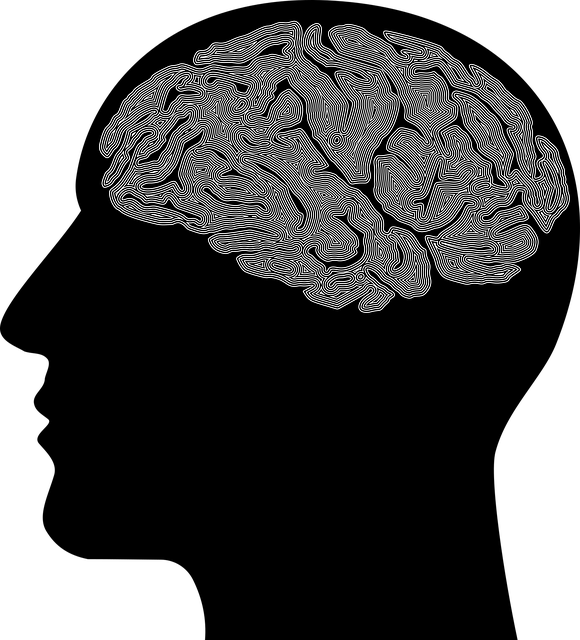Lafayette Parenting Skills Therapy (LPST) offers a unique approach to improving mental illness diagnosis accuracy by teaching parents effective communication strategies. This evidence-based therapy addresses subjective symptoms, diverse disorders, and personal biases that often hinder traditional assessments. Through structured sessions, LPST equips caregivers with tools to understand nuanced behavioral and emotional cues, fostering open dialogue about mental health within families. Additionally, risk management planning, early intervention through public awareness campaigns, and specialized services like podcasts and coaching programs contribute to better patient outcomes, especially for children and adolescents.
Mental illness diagnosis accuracy is a critical area of focus in healthcare, with significant implications for patient outcomes. This article explores current challenges in mental health assessment, delving into innovative solutions that promise to enhance diagnostic clarity. We spotlight the unique contribution of Lafayette Parenting Skills Therapy, its evidence-based approach, and its role in improving diagnosis accuracy. Additionally, we discuss cutting-edge techniques and the vital link between precise diagnoses and early intervention, ensuring supportive care for those in need.
- Understanding the Current Challenges in Mental Illness Diagnosis
- The Role of Lafayette Parenting Skills Therapy in Enhancing Accuracy
- Innovative Techniques and Tools for Improving Diagnostic Clarity
- Promoting Early Intervention and Supportive Care Through Accurate Diagnoses
Understanding the Current Challenges in Mental Illness Diagnosis

Mental illness diagnosis is a complex process fraught with challenges, primarily due to the subjective nature of symptoms and the vast array of possible disorders. Often, individuals presenting with mental health concerns exhibit overlapping symptoms, making differential diagnosis a daunting task for professionals. The current system relies heavily on self-reported experiences, which can be influenced by personal biases or limited understanding of one’s condition. This poses significant challenges in Lafayette Parenting Skills Therapy, where accurate assessment is crucial for effective treatment planning.
Moreover, the dynamic nature of mental health means that symptoms may fluctuate over time, leading to misdiagnosis or delayed diagnosis. There is an increasing recognition of the need for standardized tools and protocols to enhance consistency in diagnosis. To this end, risk management planning for mental health professionals plays a vital role in ensuring accurate assessments while minimizing potential risks to patients. Incorporating evidence-based practices, such as stress management workshops organized by self-esteem improvement initiatives, can also contribute to better diagnostic outcomes and overall patient care.
The Role of Lafayette Parenting Skills Therapy in Enhancing Accuracy

The Lafayette Parenting Skills Therapy (LPST) is a pioneering approach that significantly contributes to enhancing mental illness diagnosis accuracy. By focusing on teaching parents and caregivers effective communication strategies, this therapy empowers them to better understand their loved ones’ behaviors and emotions. This, in turn, leads to more precise interpretations of symptoms, which are often nuanced and complex, especially in younger individuals or those experiencing subtle changes in mood and behavior.
LPST goes beyond simply improving diagnosis; it fosters a supportive environment that encourages open dialogue about mental health concerns. Through social skills training, parents gain the confidence to navigate challenging situations with empathy and patience. This not only strengthens family bonds but also enables caregivers to implement stress management techniques that benefit both them and their relatives, creating a ripple effect of improved mental well-being within the household.
Innovative Techniques and Tools for Improving Diagnostic Clarity

In the quest for enhancing mental illness diagnosis accuracy, innovative techniques and tools have emerged as powerful allies. Lafayette Parenting Skills Therapy, for instance, leverages evidence-based practices to improve family dynamics and communication patterns, indirectly contributing to clearer mental health assessments. Through structured sessions that focus on coping skills development, therapists guide individuals and families in understanding and managing symptoms more effectively. This holistic approach not only prepares clients for diagnosis discussions but also fosters a supportive environment where honest conversations about mental health can flourish.
Public Awareness Campaigns Development plays a crucial role in this process by disseminating accurate information about various mental health conditions. By educating the public on symptoms, risk factors, and available treatments, these campaigns dispel myths and promote early intervention. Mental Health Awareness initiatives also encourage individuals to seek help without stigma, ensuring that diagnostic processes are more collaborative and client-centered. This collective effort enhances the overall accuracy of mental illness diagnoses by creating a society that not only understands but actively supports those facing such challenges.
Promoting Early Intervention and Supportive Care Through Accurate Diagnoses

Early intervention is a cornerstone of effective mental health treatment, and accurate diagnoses play a pivotal role in this process. By promoting timely identification of mental illness, healthcare professionals can significantly enhance patient outcomes. This approach is crucial for children and adolescents, as early support can prevent the escalation of symptoms and improve overall mental wellness. Lafayette Parenting Skills Therapy has been at the forefront of these efforts, offering specialized services to families struggling with childhood mental health issues.
Through collaborative efforts, therapists work closely with parents and caregivers to educate them about various mental health conditions. This knowledge enables early recognition of signs and symptoms, fostering a supportive environment at home. Moreover, accurate diagnoses facilitate personalized treatment plans, ensuring that each individual receives the most appropriate care. The Mental Wellness Podcast Series Production and Mental Wellness Coaching Programs Development have also contributed to raising awareness and providing valuable resources for both patients and caregivers. Risk Management Planning for Mental Health Professionals is another essential aspect, helping practitioners navigate complex cases while maintaining high diagnostic standards.
Mental illness diagnosis accuracy is a multifaceted challenge that requires continuous improvement. By understanding current barriers, leveraging innovative techniques like Lafayette Parenting Skills Therapy, and promoting early intervention through supportive care, we can enhance overall mental health outcomes. These efforts not only improve individual lives but also create a more compassionate and resilient society.











